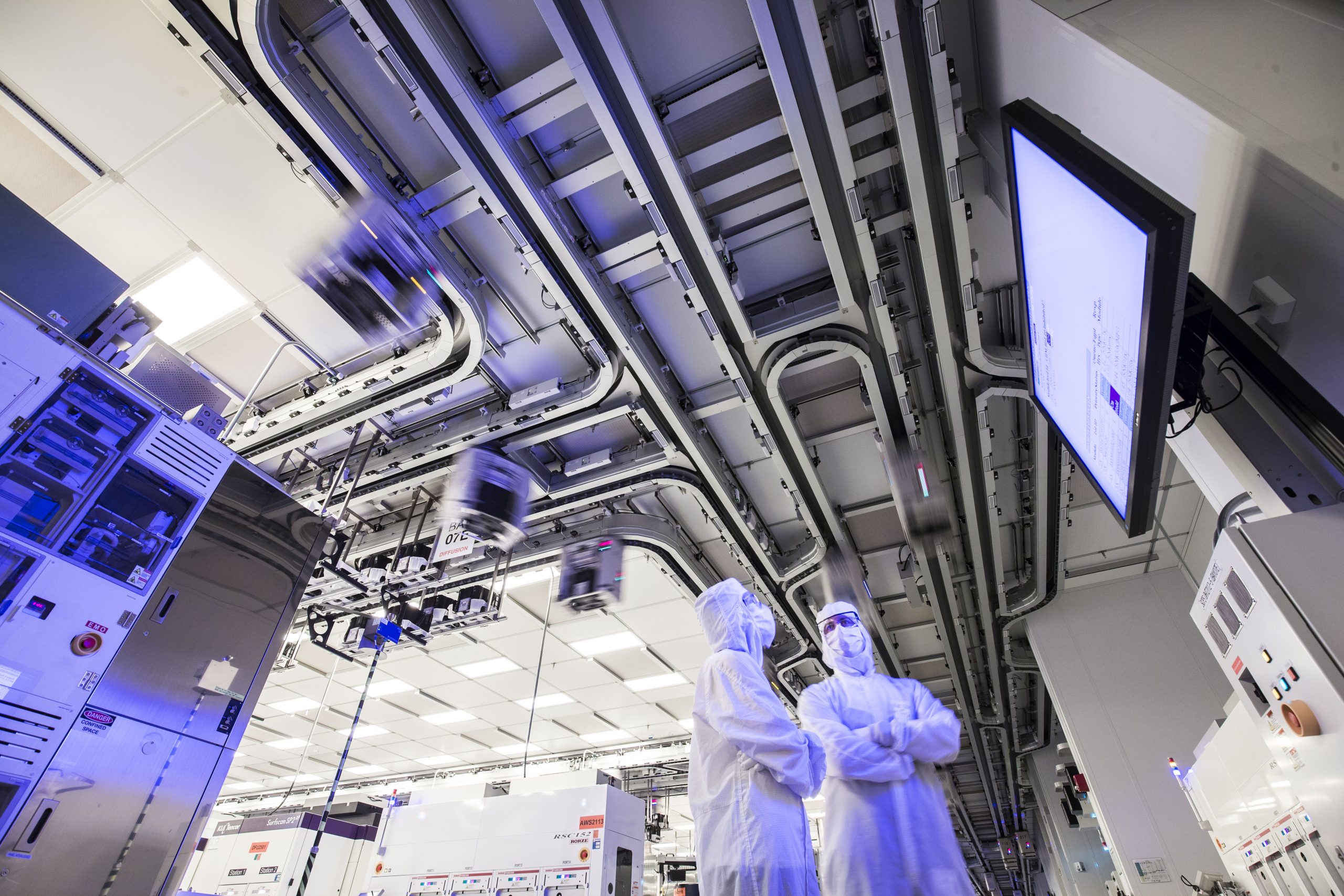The Netherlands and Japan are reportedly set to join the US’ effort to restrict the export of advanced semiconductor manufacturing equipment to China, amidst ongoing trade hostilities between the two countries.
The US in October announced its most restrictive measures to date on the issue, banning US manufacturers from supplying their most advanced chipmaking equipment and limiting US citizens from working for Chinese chip firms.
As a result US companies face losing access to the world’s biggest chip market, and also risk losing market share to foreign competitors if they are allowed relatively free rein with China sales.
Dutch and Japanese controls could now be announced as soon as the end of January, Bloomberg reported, citing unnamed sources.

Economic risk
The news service said Japan’s prime minister Fumio Kishida and Netherlands prime minister Mark Rutte had met with US president Joe Biden to discuss the matter in the White House earlier in January.
At the World Economic Forum in Davos, Switzerland, Rutte told Bloomberg he was “fairly confident” the deal would go through.
Akira Amari, the main architect of a Japanese plan to boost the country’s chip industry, told the news service sanctions were necessary but must be calibrated to avoid risking global economic stability.
“Countries like China, Russia and North Korea are vying for global hegemony, and we should never help them achieve that,” Amari said.
Increased pressure
While the fresh sanctions are unlikely to go as far as those announced by the US in October, they are likely to increase the pressure on Chinese chip manufacturers, who may lose access to advanced equipment from the likes of the Netherlands’ ASML or Japan’s Tokyo Electron.
The measures are unpopular with chip equipment makers and other Western tech companies they affect, such as graphics chip maker Nvidia, which have seen significant business losses as a result.
ASML has said it believes demand elsewhere in the world can make up for any shortfall from China, but chief executive Peter Wennink also said in December the company has “given up enough” with previously existing restrictions on China exports.




